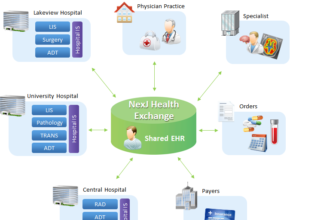Those who smoke, are overweight, or have high blood pressure are more likely to have cognitive challenges later in life say researchers from the University of California at Davis.
Those who smoke, are overweight, or have high blood pressure are more likely to have cognitive challenges later in life say researchers from the University of California at Davis.
Examining MRI scans of approximately 1,352 people researchers found that:
- people with diabetes in mid-life lost brain volume faster in the hippocampus
- participants who smoked in mid-life lost their overall brain volume faster than non-smokers
- obese participants and those with hypertension were more likely to do badly on tests involving executive functioning or planning
Study author Charles DeCarli, M.D., said: “Our findings provide evidence that identifying these risk factors early in people of middle age could be useful in screening people for at-risk dementia and encouraging people to make changes to their lifestyle before it’s too late.
A Catalyst Healthcare Research study, Living in Denial, would suggest that people may not or will not make the necessary changes in their lifestyle. In the white paper, survey responders admitted to being overweight and even obese yet described their health as good to excellent. That is alarming. They do not see themselves in the equation as needing help.
So typically those who have always been health conscious and in shape will respond to wellness programs and the like embracing it as an extension of what they already are doing. And the couch potatoes will just observe from the sidelines.
Which are you?






